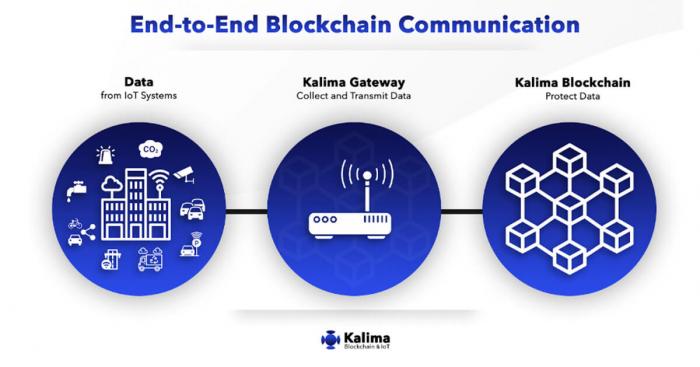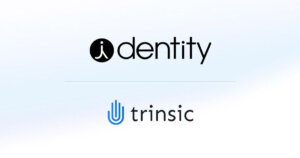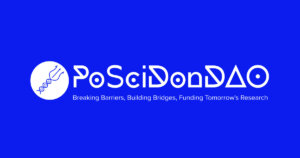Kalima Blockchain on a Path to Establish New Standard for Blockchain-Based IoT

Disclaimer: This is a sponsored press release. Readers should conduct their own research prior to taking any actions related to the content mentioned in this article. Learn more ›
July 15, 2022 – Kalima is merging the bridge between industrial IoT and blockchain, by embedding blockchain technology in the IoT gateways. In an end-to-end fashion IoT data can be collected, transferred, stored, protected, and most importantly monetized.
The company was founded by Andre Legendre, who currently serves as both its CEO and Chief Technology Officer. He developed this blockchain for industries who have IoT embedded in their core business model. Furthermore, thanks to the diverse API integration, any kind of data can be embedded in the ecosystem of Kalima. This also enables independent developers throughout the world to develop parallel chains and DApps.
Kalima aims to monetize data collection all while ensuring data integrity and immutability. Kalima is made up of the Kalima MainChain and a decentralized network of separate permission blockchains named PrivaChain. PrivaChains give a space where industries have complete governance of their data and can adopt blockchain technology within the core of their business processes, as they can store, transfer, and monetize their qualified data.
The Kalima Blockchain can generate value to industries thanks to client-side smart contracts, which are smart contracts that can be adapted to the client’s needs. This means that each client needs can be addressed in a unique manner creating value from their data collected.
Clients profiting thanks to Kalima are diverse multinational companies, such as Enedis, Tenneco, Spie and ArcelorMittal. Enedis is the first distributor of electrical products in France, Tenneco is a global automotive company, Spie is a European leader specializing in electrical, mechanical, and climate engineering, and ArcelorMittal, one of the world’s leading steel and mining companies. These companies highlight the potential for Kalima Blockchain and serve as pioneering examples for other industries.
Kalima’s product integrates connected objects and networks into its technology, and furthermore enables industries to store, collect, transfer, and monetize data. Industries within the space of supply chain, healthcare, energy, finance, identification, and connected infrastructure could benefit from such an ecosystem, which is why after the successful pioneering examples more clients are expected to be onboarded.
Kalima can furthermore embed individual assets of a company as a Digital passport, which would be a non-fungible token demonstrating the lifetime modifications of the asset. The healthcare, pharmaceutical, agrotech, food, and luxury industries stand to benefit most from this. In addition, Kalima can allow manufacturers and industries that use machines to receive transparent information that will enable them to take advantage of pay-per-use.
Kalima Blockchain can monetize the data that third parties collect. This is referred to as ‘smart rewarding’, where in an end-to-end fashion the data collected from certain IoT sensors can be tokenized. Individuals or corporations have full governance of the decision if they want to share and monetize their data or not.
Kalima enables businesses and developers to build applications, monetize their collected data and is also bridging the gap between real off chain data and virtual on chain data.
About Kalima Blockchain
At its founding, the company intended to develop a blockchain-based IoT standard. Kalima is bringing new possibilities for monetizing data by connecting different types of businesses, including people, objects, and services. Additionally, Kalima empowers enterprises to develop the next generation of blockchain applications. One of the most significant factors of Kalima Blockchain is its low transaction costs and low environmental impact to the delegated proof of stake consensus.
Social Contacts
- Website: https://www.kalima.io/
- Email: [email protected]
- Twitter: https://twitter.com/Kalima_KLX
- Telegram: https://t.me/Kalima_EN



 CryptoQuant
CryptoQuant 




































































